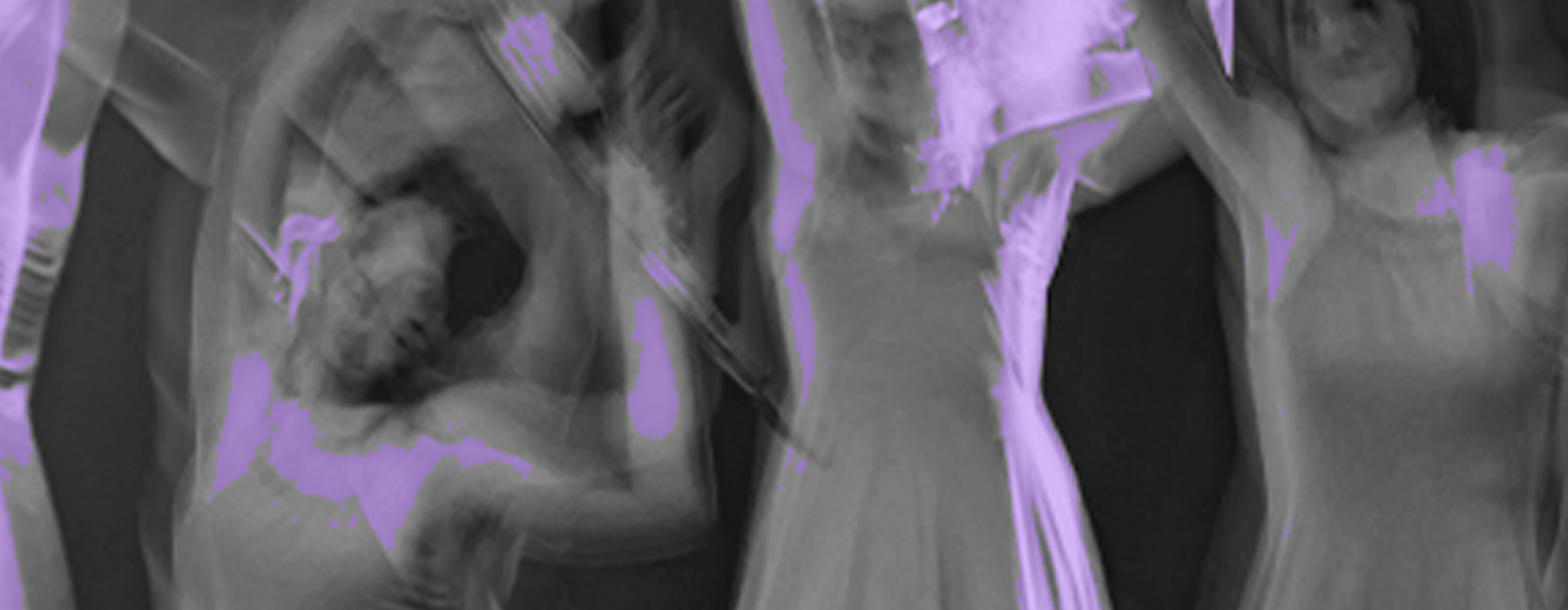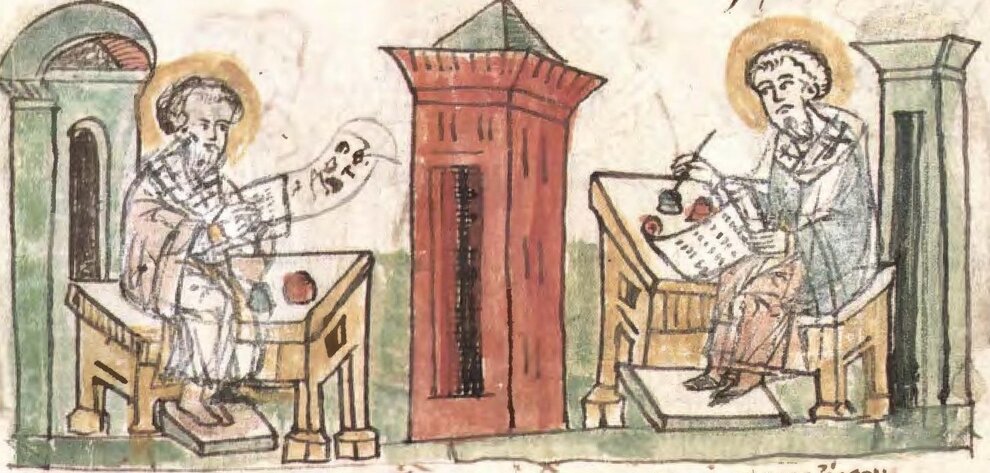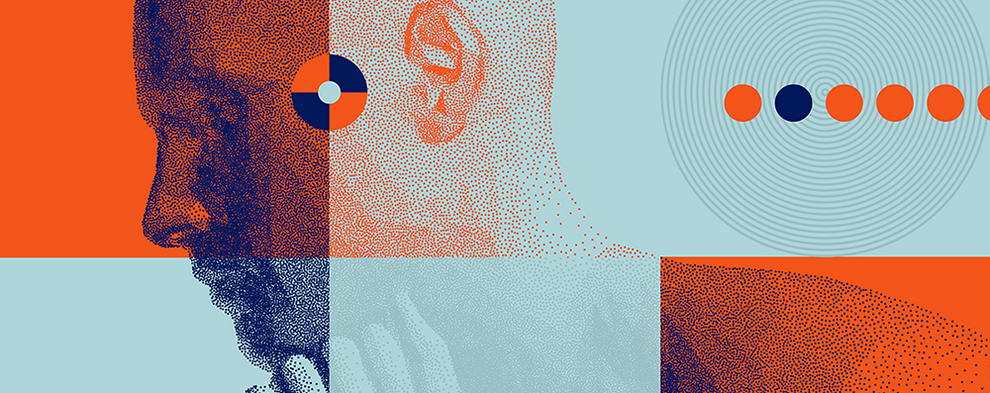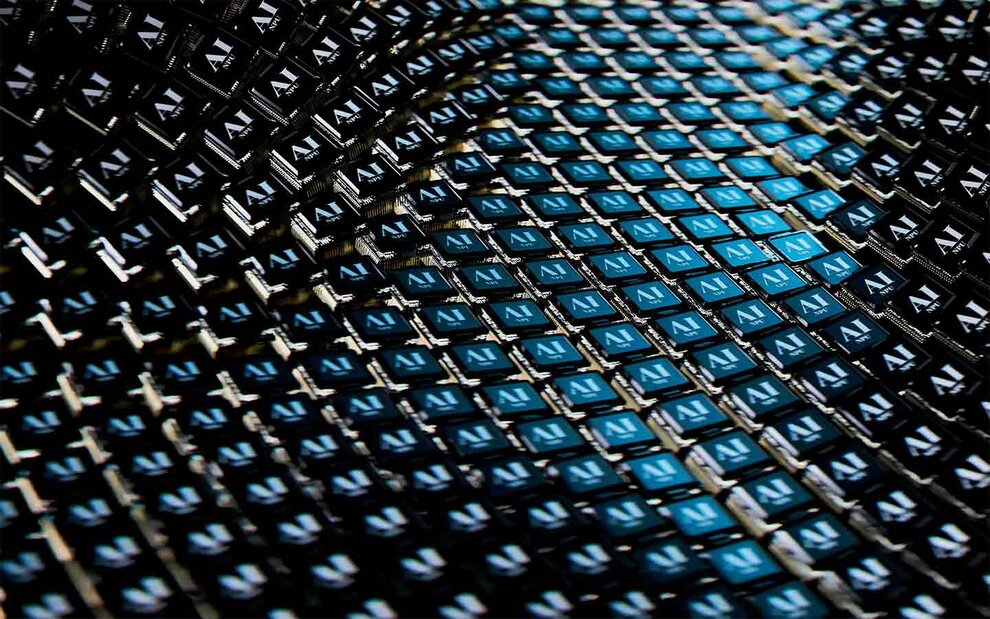White and Black Night

Caroline Callard
Directrice d'études à l’EHESS, historienne, spécialiste de la Renaissance et de l’époque moderne.
Olivier David
Chimiste des odeurs, Maître de conférences à l’Institut Lavoisier (UMR8180), Université de Versailles-Saint-Quentin.
Grégory Delaplace
Directeur d'études à l'École Pratique des Hautes Études, anthropologue.
Sara Guindani
Philosophe, psychologue clinicienne et psychanalyste (Centre Recherche Psychanalyse Médecine Société, Université Paris Cité).
Agnès Lattuati-Derieux
Chimiste des matériaux du patrimoine culturel, ingénieure de recherches CNRS détachée au C2RMF du ministère de la Culture.
Deborah Puccio-Den
Directrice de recherches au CNRS-EHESS-CESPRA, anthropologue.
Erika Wicky
Historienne de la culture olfactive, chaire de professeure junior "Olfactions" à l'université Grenoble Alpes, LARHRA (Laboratoire de recherche historique Rhône Alpes).








